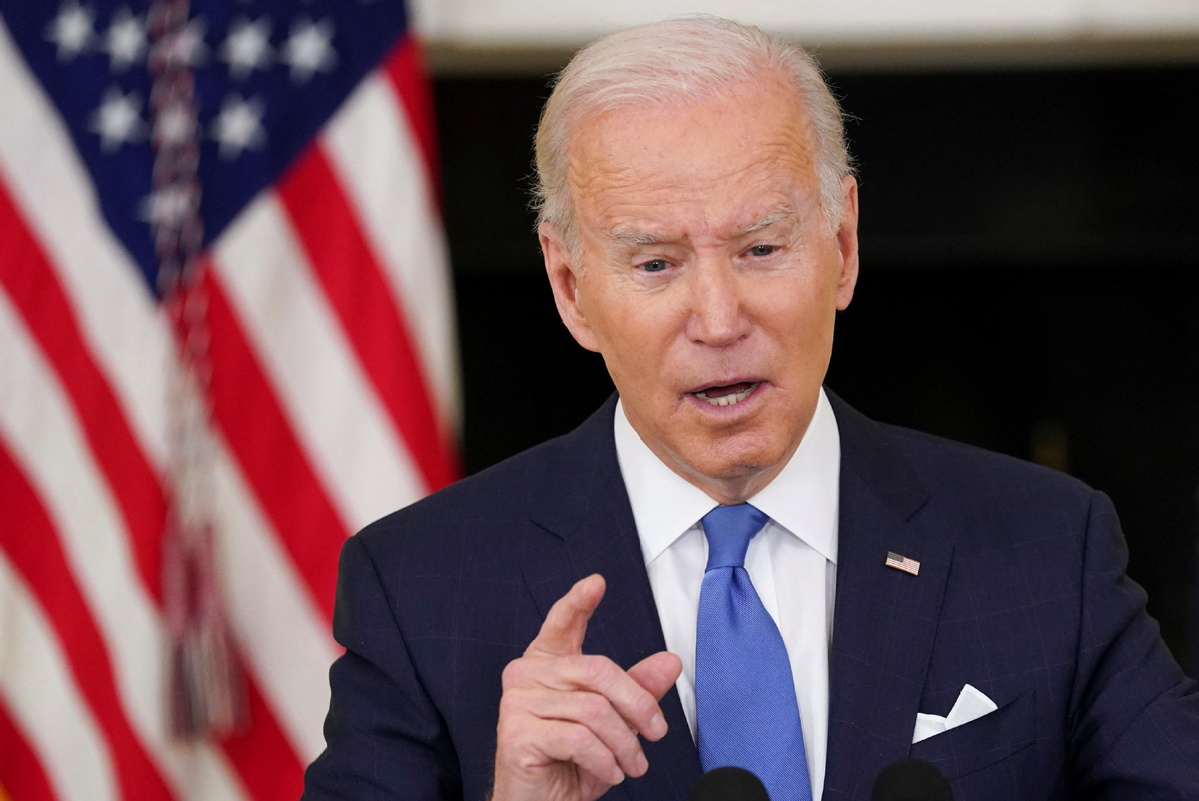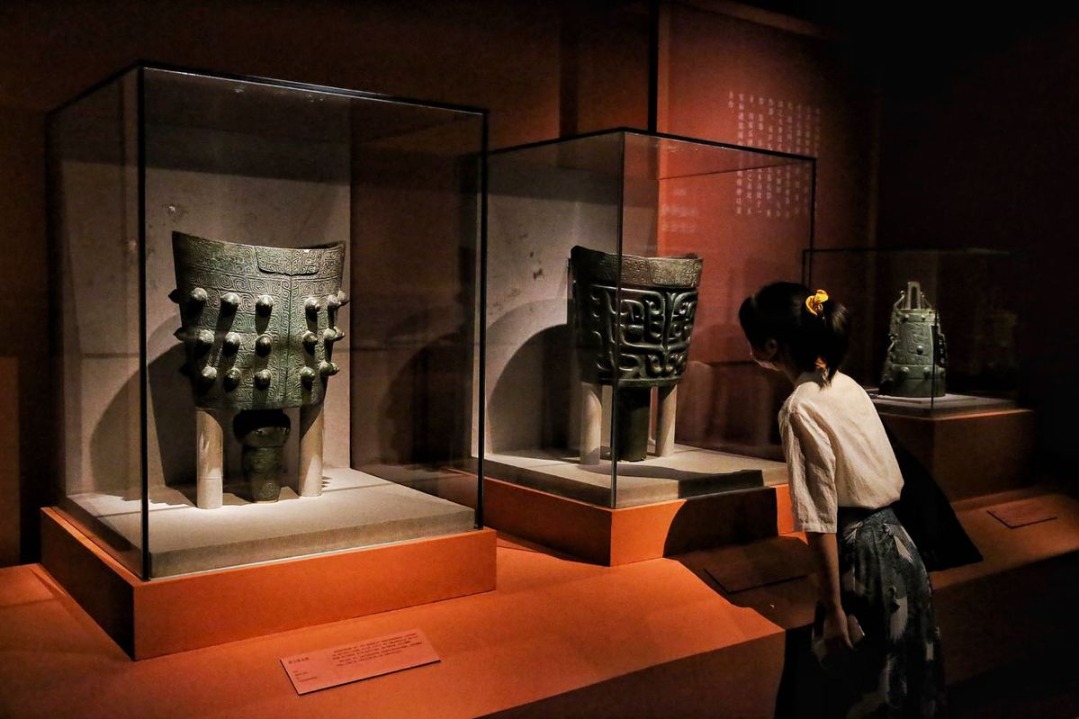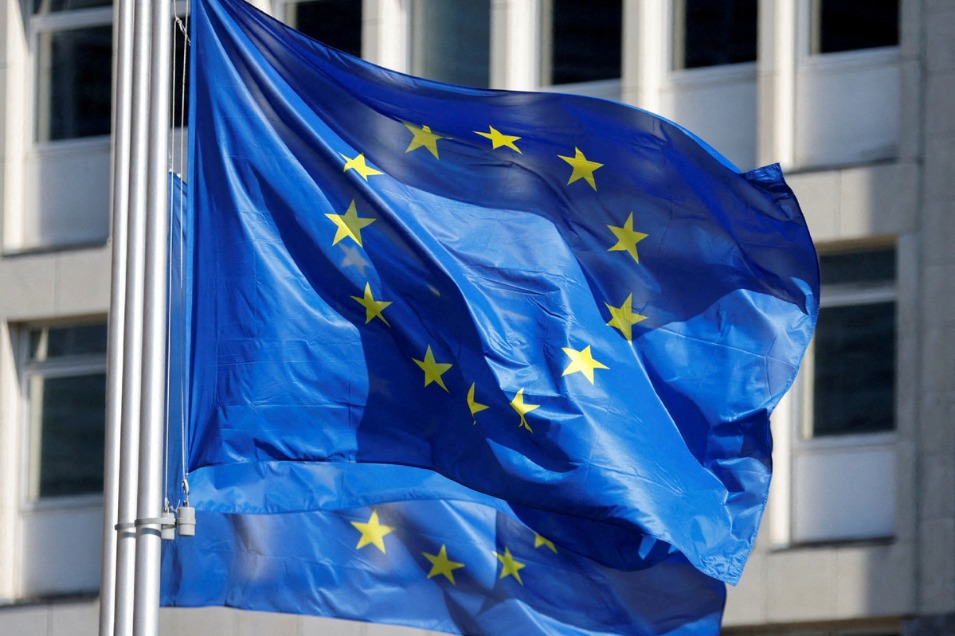Failings of Biden presidency in first year
By Liu Deshou | China Daily | Updated: 2021-12-29 08:20

That 2021 is drawing to a close means the Joe Biden administration has been in office for nearly one year. What has Biden's presidency been like?
During his presidential campaign, Biden promised to change Donald Trump's policies, including foreign policy, and strive to restore the US' global leadership. And in his inaugural address in January 2021, he declared that "together, we shall write an American story of unity, not division".
Those who listened to Biden's speech and tended to believe him might be disappointed by his remarks and actions since moving into the White House.
French President Emmanuel Macron might be among those disappointed, because when he said, "it's great to have the US president part of the club (of G7) and very willing to cooperate", he couldn't have imagined that Biden had been working on a security pact, AUKUS (Australia, the United Kingdom and the United States), which would prompt Australia to annul its submarine contract with France to acquire nuclear-powered submarines with the help of the US and the UK.
NATO allies might have felt disappointed when Biden announced the withdrawal of US troops from Afghanistan without proper consultation with them, as they too had contributed forces to the US-led "war on terror" in Afghanistan.
People around the world who suffered due to the Trump administration's US-centric, erratic and at times outlandish policies might also be disappointed to see Biden follow a Trump-like foreign policy which focuses on strategic competition, instead of abandoning it and adopting a new foreign policy.
The biggest disappointment is Biden's failure to promote unity as he had promised in his inaugural speech. While the AUKUS security pact has split the West and dealt a serious blow to the US-France alliance, Biden's US-first approach and chaotic troop withdrawal from Afghanistan have left Washington's NATO allies in the lurch and undermined NATO's cohesion.
And by hosting the "Summit for Democracy", Biden has tried to divide the world into two camps-"democratic" and "authoritarian"-based on its whimsical criteria.
Similar failings can be seen in Biden's domestic policies. According to a Fox News poll, released on Sept 19, a majority of respondents said the country is less united under Biden presidency. In precise terms, 54 percent of the respondents said they think the US is less united, while only 37 percent said it is more united.
But why is Biden trying to divide, instead of uniting, the world? Possibly because he has a wrong understanding of the direction of the world, which was evident when he first addressed an international audience, via video link, at the Munich Security Conference on Feb 19. He described the "moment as an inflection point" between autocracy and democracy, which is in total contrast to the trend of peace, development, cooperation and mutual benefit.
Also, Biden knows well that unprincipled strategic competition among countries will lead to divisions, but he still chooses to put the US in such competitions against other economies. As he said at the Munich conference, "we cannot focus only on the competition among countries that threaten to divide the world, or only on global challenges that threaten to sink us all together if we fail to cooperate. We must do both, working in lockstep with our allies and partners."
Biden also knows that unfettered strategic competition among countries could lead to conflict. During his meeting with President Xi Jinping, via video link, Biden said, "it seems to me our responsibility as leaders of China and the United States is to ensure that the competition between our countries does not veer into conflict, whether intended or unintended". Unfortunately, he is doing just the opposite.
Also, Biden has promised to pursue a foreign policy that would help the middle class in the US, but doesn't want to acknowledge that such a foreign policy should be based on cooperation rather than competition with other countries, including China.
And although the Biden administration claims to be "looking for a competition with China in a responsible way"-and Biden himself calling for "guardrails" against conflict-to show it is different from its predecessor that believed "an America that successfully competes is the best way to prevent conflict. Just as American weakness invites challenge, American strength and confidence deters war and promotes peace," it seems to be indulging in the same old zero-sum strategic competition.
In short, the Biden administration needs to change its ways. It is better to engage in cooperation than competition in a responsible way, and only through responsible cooperation can humankind create a bright future.
The views don't necessarily represent those of China Daily.
The author is a researcher with the Institute of American Studies, Chinese Academy of Social Sciences.






















